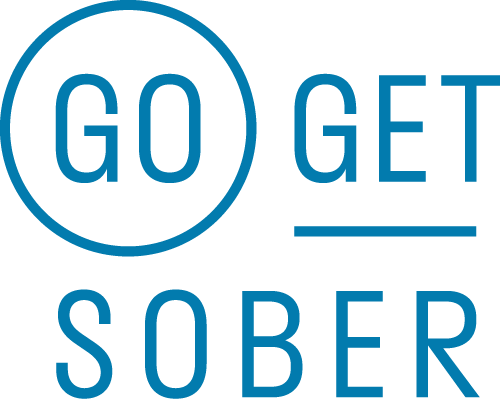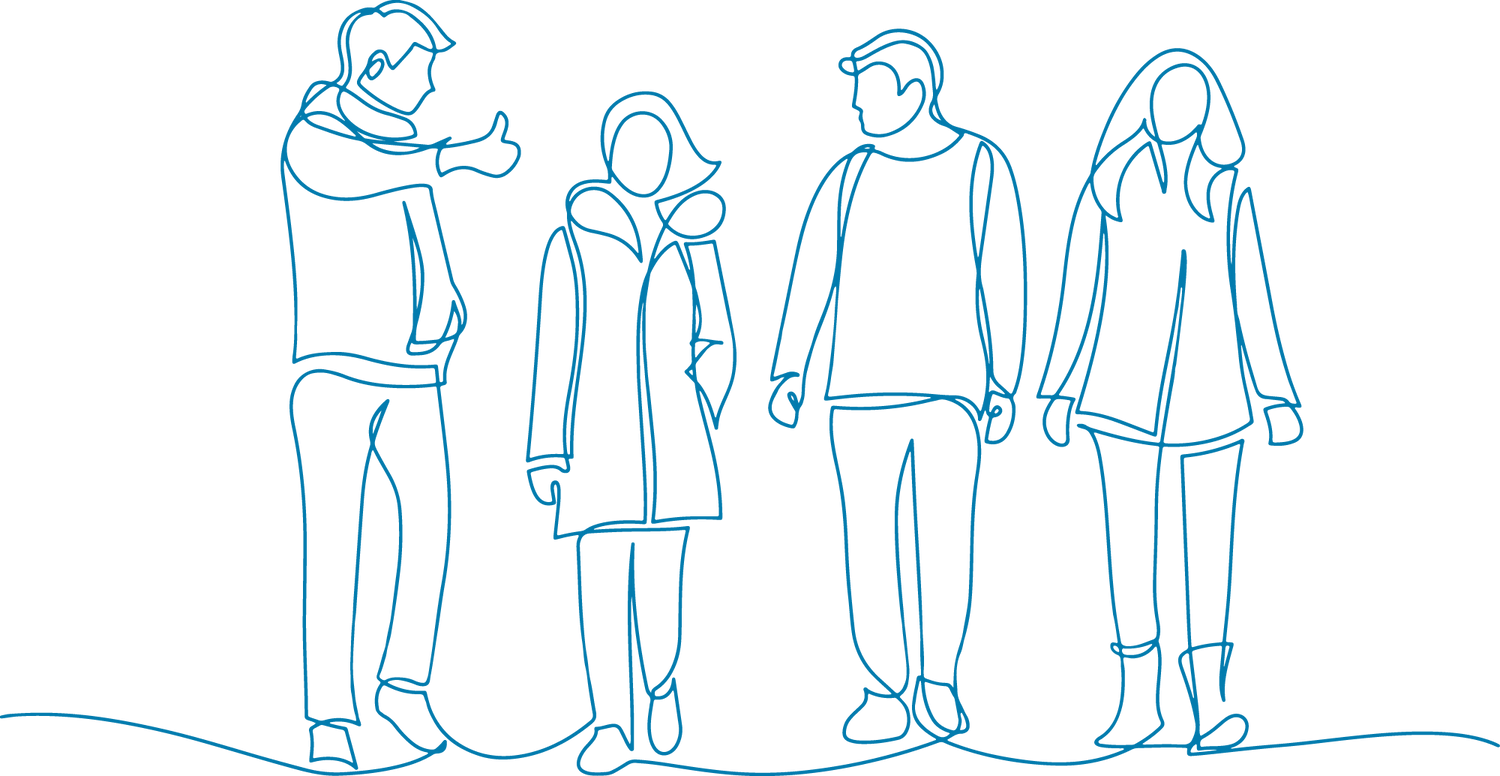(And, How to Make Life Easier on Yourself)
When we first stop drinking, our bodies go through a lot of changes.
Instead of desperately working overtime to process and eliminate all the toxins from the alcohol we've been drinking, our bodies start to put their energy into healing, re-balancing and acclimatising to a new normal. Although our bodies do this naturally all on their own, it takes a lot of work.
This work can have an impact on how we feel physically, mentally and emotionally.
Physical Dependence on Alcohol
If someone has been physically dependent on alcohol, the changes their body goes through when they stop drinking can be dramatic and potentially dangerous.
These are often referred to as "withdrawal symptoms" and can include things like hand tremors, sweating and vomiting.
If you believe you might be physically dependent on alcohol, it's important to speak to a medical professional before you stop drinking so you can get guidance and support to help you stop drinking safely.
What Might Happen When We First Stop Drinking?
Everybody experiences things differently. My experience will be different to yours. Some people will describe feelings of exhaustion, depression and mood swings. Or irritability, insomnia and anger. Some people describe incredible amounts of energy, happiness and motivation. Others describe better sleep, mental clarity and a new zest for life. Some people gain weight and others lose weight.
When we're quitting drinking and going through this period of bodily adjustment, it's totally normal for some people to feel exhausted and depressed, to have mood swings, and to generally feel rubbish. It's also normal for some people to feel great, to feel awesome! And, it's normal for some people to feel great one day and awful the next. There is no one size fits all - we're all unique and we all react to the changes our body is going through in unique ways.
How to Make Life Easier on Yourself
What is common to us all though, is that we're likely to face some struggles along the way. It's likely that we will go through some triggering situations that we struggle to get through because we haven't yet learnt to deal with them without alcohol.
So, it's important, especially while our bodies are working so hard to adjust and acclimatise, to take every opportunity to nourish our bodies and nurture our minds. To take every opportunity to help ourselves to feel good. To take every opportunity to be kind to ourselves. The more we look after ourselves and our wellbeing, the more easily we're able to withstand any challenges that come our way - the stronger and more resilient we will be.
A great way to do this is to plan some "non-negotiable" nurture time into each day.
When I say nurture time, I mean an activity or an action that is going to enhance your wellbeing. One thing in your day that is good for you, that will help you to feel calm, relaxed, content, peaceful, happy or positive - something that you know is good for you, your body and mind. And, when I say "plan", I mean you slot it somewhere into your day and that slot, that activity, remains absolutely sacrosanct, no matter what your day throws at you.
Here are some examples of Wellbeing Non-Negotiables that people use to nurture themselves on a daily basis:
- To only drink water or herbal tea
- To spend half an hour in the bath with a book
- To go to bed early
- To keep all electronic gadgets off all day (or for a portion of the day)
- To complete a challenging workout or exercise
- To write the letter they’ve always wanted to write
- To get up at 6am and do 30 minutes of yoga
- To do one good deed for someone else
- To snack on fresh fruit, nuts and seeds
- To shop for something nice for themselves
- To go for a 20 minute walk in nature
- To go for a swim
- To have lunch with a friend
- To have a hot bath and read a book
- To go to bed early with a hot chocolate
The list of possibilities is endless and will depend on who you are and what works for you and your context.
When you plan a Wellbeing Non-Negotiable into your day and you stick to it, not only are you doing something good for your body and mind, not only are you building your own resilience, you’re also taking control. The very act of sticking to the wellbeing commitment, no matter what your day throws at you, helps the unconscious part of you to understand that you have control and that you are worthy of nurturing and kindness and goodness and this, in turn, gives you more confidence in staying sober.
And, as an added bonus, it helps you feel good too!
Benefits To Stopping Drinking You Can Look Forward To
No matter what happens when we first stop drinking, no matter how good or bad, exhausting or invigorating our experience is, once that initial period of adjustment is over, there are certain benefits that most people notice:
- no more hangovers
- better mental health (anxiety and depression symptoms can improve or disappear)
- better sleep
- more energy
- clearer skin
- higher levels of confidence
- mental clarity
- better performance and productivity
- more concentration
- control over decisions
- control over finances
- better relationships
Accepting that there is a period of change which your body has to go through which could also affect your mind, emotions and mental health is a great start. Having this understanding enables you to prepare for it. It enables you to make sure you're taking every opportunity to nurture yourself through the change. It enables you to set yourself up for success and to reap the rewards of all of these benefits as you progress into confident and healthy sober living.
What Wellbeing Non-Negotiable can you commit to today?


1 comment
I think I’ve signed up when you offered free membership. I’ve now got Covid- again! I’m having a great deal of difficulty with alcohol, illness, and loneliness. When I awaken CA time, I’ll try to find my signup info. Thanks for always being there! You’re one of the very few constants I’ve got in my life.